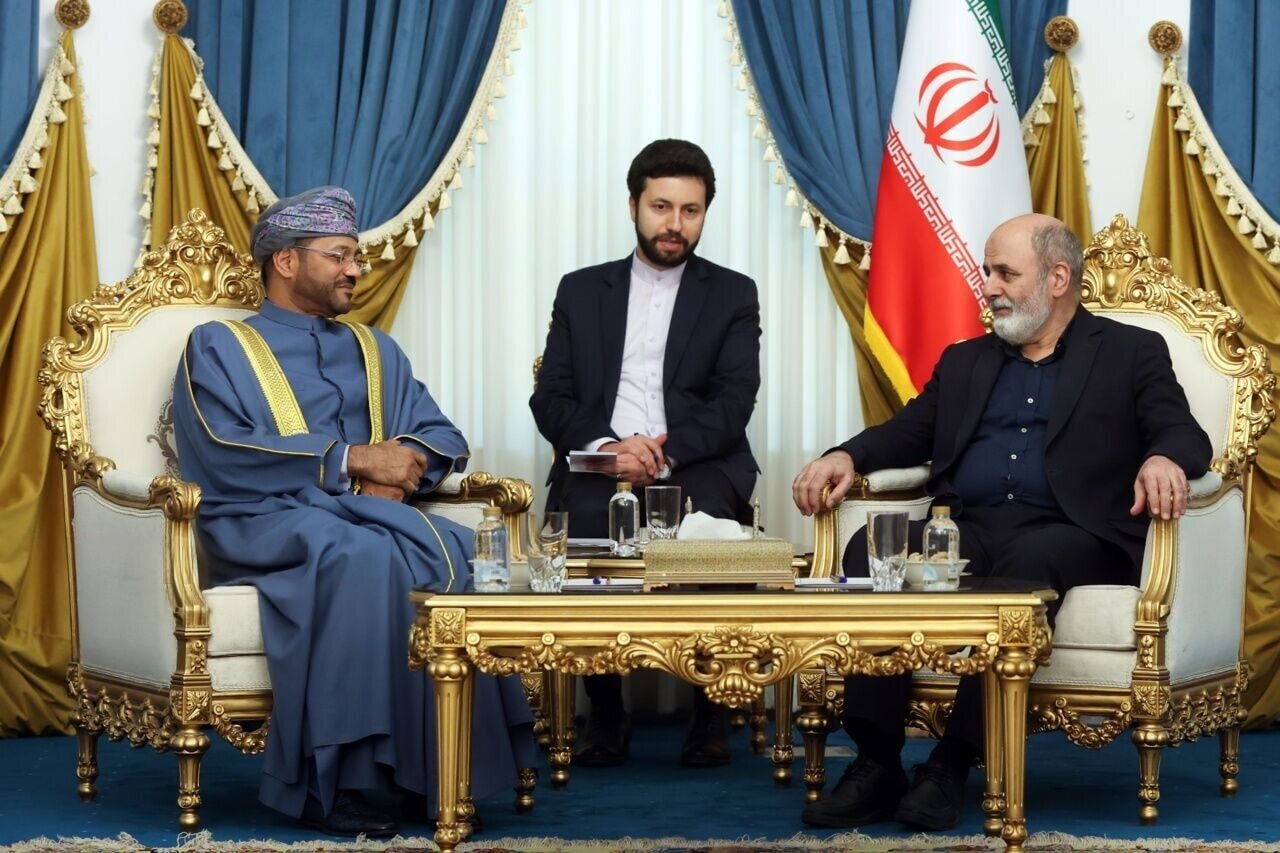Irans nuclear doctrine has not changed declares security chief
Iran’s nuclear doctrine has not changed, declares security chief
TEHRAN – The Secretary of Iran’s Supreme National Security Council, Ali Ahmadian, has reiterated that the country’s nuclear doctrine remains unchanged, despite various media speculations.

Ahmadian made the remarks on Monday, during a meeting with Oman’s visiting Foreign Minister Badr al-Busaidi. “Based on the Leader of the Islamic Revolution's religious decree, there has been no change in Iran's nuclear doctrine.,” he stated.
The security chief emphasized that the country's approach continues to focus on pursuing peaceful nuclear energy while opposing the development of atomic weapons.
The Leader of the Islamic Revolution, Ayatollah Seyyed Ali Khamenei, issued a fatwa banning the production, stockpiling, and use of nuclear weapons, citing Islamic principles against mass destruction.
First announced in the early 2000s, this decree underscores Iran's commitment to peaceful nuclear energy, directly countering claims accusing Iran of harboring weapon ambitions.
Additionally, Ahmadian addressed rumors about Iran increasing its stockpile of enriched materials and enhancing enrichment levels, describing them as "baseless."
"The ball is in the court of the other party to fulfill their commitments," he asserted.
After an anti-Iran resolution by the Board of Governors of the International Atomic Energy Agency (IAEA) in November, Tehran decided to escalate its uranium enrichment activities and deploy new advanced centrifuges, all under the supervision of the IAEA.
The resolution, championed by the United States and the European troika, criticized Iran for its alleged lack of cooperation under the Joint Comprehensive Plan of Action (JCPOA), a nuclear agreement Washington withdrew from in 2018, and Europe scrapped soon after.
Growing calls within the Iranian public are urging a shift in the country's nuclear doctrine, particularly as unchecked Israeli aggression escalates in West Asia.
A poll by a Canadian opinion research firm, conducted between February 20th and May 26th, found that almost 70% of Iranians were in favor of their country developing nuclear weapons. With the following months witnessing increased fire exchanges between Iran and Israel, alongside threats to target Iran's nuclear facilities and oil infrastructure, the number of those who support nuclear weapons is likely to have increased.
Furthermore, Western powers are undermining prospects for a diplomatic solution with Iran, evident in the European Troika's continued threats to trigger the snapback mechanism.
The mechanism, embedded in UN Resolution 2231, allows permanent Security Council members and Germany to reimpose sanctions on Iran for non-compliance with the JCPOA. However, following the unilateral withdrawal of the U.S. from the deal in 2018, Iran asserts that both the U.S. and European nations lack the legitimacy to invoke the snapback mechanism, as they have failed to honor their commitments under the deal.
Tehran possesses no mechanism to guarantee Western adherence to the agreement, while the West unilaterally controls the snapback.
Deputy Foreign Minister for Legal and International Affairs, Kazem Gharibabadi, recently stated that Iran will leave the Nuclear Non-Proliferation Treaty (NPT) if the snapback of UN Security Council sanctions is triggered.
source: tehrantimes.com